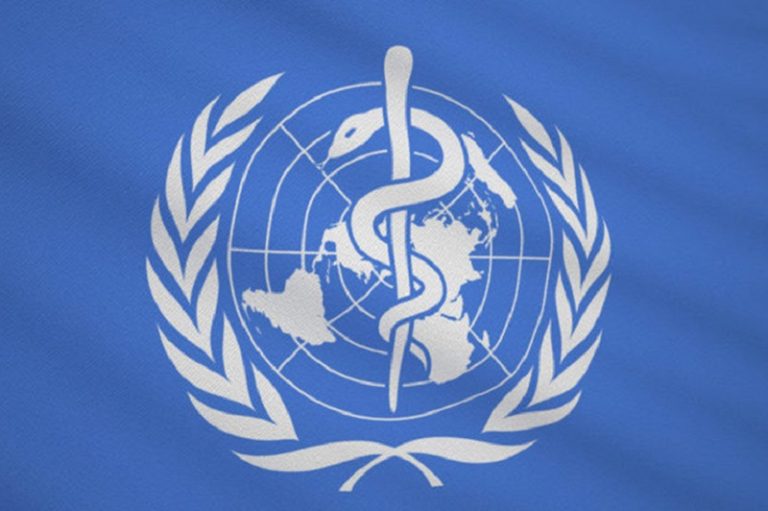At the same time, the world experienced other major crises, conflicts and the constant threat of epidemic outbreaks as well as climate change, which were also main focus for WHO.
In 2023, WHO´s teams of experts reported some 750 signs requiring in-depth analysis and discussion, asking nations to provide more information and called on governments and partners to join in responding to these emergencies.
Thus, among other actions, WHO promoted new measures to mitigate threats to public health in order to keep the entire population safer, an objective for which WHO responded to 65 emergencies, 22 of which were unprecedented. Many of these were conflict-related, as crises and insecurity worsened in countries such as Ethiopia, Haiti, Myanmar, the Democratic Republic of Congo, Sudan and Ukraine, among others.
WHO mobilized to prevent, detect and respond to infectious disease outbreaks, strengthened access to essential health services including hospital capacity to cover all needs from childbirth to war injuries, trained health workers and provided pivotal drugs and medical equipment.
WHO also worked to empower labs and, where possible, strengthened their capacity for disease diagnosis, while on more than a few occasions its staff risked their lives to provide health care in collaboration with partners across the humanitarian system.
WHO was on the ground whenever a disaster struck, and these were numerous in 2023: earthquakes in Afghanistan, Nepal, Syria and Turkey, devastating floods in Libya, Pakistan and South Sudan, heat waves, forest fires, droughts and much more.
Among other actions, WHO managed to deploy emergency medical teams, sent medical assistance and aided nations in dealing with the medium- and long-term health consequences of these disasters.
As the lead agency of the Inter-Agency Standing Committee-designated Health Cluster, the WHO coordinated health assistance provided by 900 partners to respond to the needs of 107 million people affected by crises in 29 countries.
Every single day, somewhere in the world, a WHO team set out to investigate an outbreak together with experts and health ministry workers from the affected nations to confront and control it, said WHO Director-General Dr. Tedros Adhanom Ghebreyesus.
During 2023 there was an unprecedented resurgence of many infectious diseases: anthrax, chikungunya, cholera, Crimean-Congo hemorrhagic fever, dengue fever, diphtheria, respiratory syncytial virus influenza, which required a coordinated regional and global response. Other outbreaks included Lassa fever in Nigeria and Ebola disease in Uganda, as well as Marburg in Equatorial Guinea and the United Republic of Tanzania.
In each situation WHO supported in transporting samples, conducting lab analysis both centrally and locally, building capacity for genomic sequencing at the national level, investigating cases and tracing patient contacts, as well as establishing field hospitals to contain outbreaks and save lives.
Despite this, health care was also targeted, with more than 1,200 attacks affecting workers, patients, hospitals, clinics and ambulances in 19 countries and territories, resulting in over 700 people killed and nearly 1,200 injured.
pll/ro/crc










